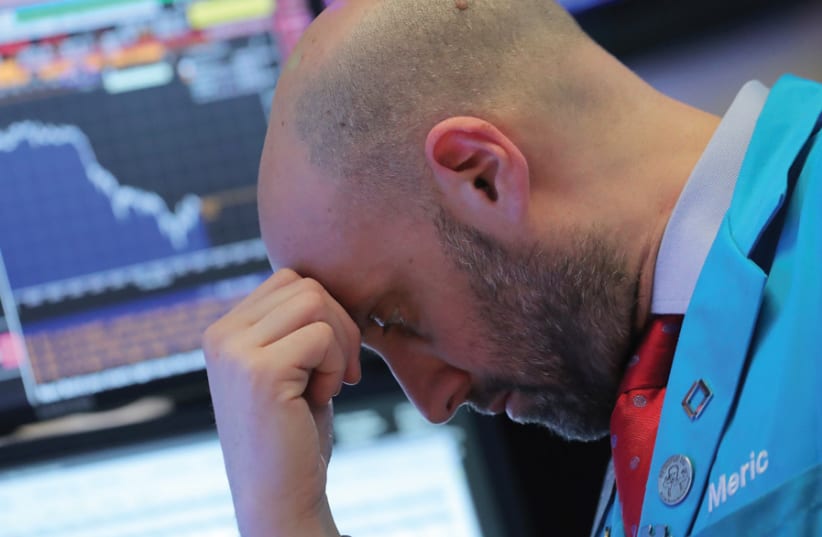Iranian Major General Qassem Soleimani, architect of the country's spreading military influence in the Middle East, was killed in the air strike at Baghdad airport, prompting a vow of harsh revenge from Iran's Supreme Leader Ayatollah Ali Khamenei.
The pan-European STOXX 600 index was down 0.8%, with all the major country indexes well in the red.
The European travel and leisure sector shed 1.8%, led by losses for airlines Lufthansa, Air France and EasyJet as oil prices jumped nearly 3%.
"We are only into the third day of the new year, and a big fat dollop of geopolitical uncertainty has landed on investors' desks already this morning," said Jeffrey Halley, senior market analyst at OANDA.
Global financial markets had started the new decade on a high note on improving U.S.-China trade relations, further monetary easing in China and a brightening economic outlook.
The benchmark European index ended Thursday a point away from its record high, and some analysts pointed to Friday's selloff as a way for traders to reposition for the new year.
"The Middle East tensions are a great excuse to cut back on your equities (after a strong rally)," said David Madden, analyst at CMC Markets.
"We could have a bit of uncertainty and elevated oil prices for a few more days, but I don't see this derailing global equity markets and beginning a major selloff."
Frankfurt shares gave up 1.5% on Friday, as data showed unemployment in Europe's manufacturing powerhouse rose more than expected in December. Focus now turns to German inflation data due later in the day.
Among stocks, Swedish tobacco group Match rose 3.7% to the top of the STOXX 600 after the U.S. Food and Drug Administration said near-term action against flavored cigars that had been included in a March 2019 draft guidance had been removed.
Cellnex Telecom SA rose 3.2% after agreeing to buy Portuguese telecommunication tower operator OMTEL for around 800 million euros.
Risky assets in the developing world also slipped on Friday, with crisis in the Middle East taking center stage after a U.S. air strike killed a top Iranian commander.
"This is certainly going to be the main driver for the next day or two. All hinges are now on how Iran responds. There is obviously a concern that this could call for confrontation in the region," said Jason Tuvey, senior emerging markets economist at Capital Economics in London.
MSCI's index for emerging markets stocks dropped 0.2%, while developing market currencies fell 0.3%.
A cooling in trade tensions between the United States and China had helped shore up demand for riskier emerging market assets, and the equity index was still hovering near 19-month highs and poised to register its fifth straight week in the black.
The air strike also sent crude prices up more than 3%, pushing up Russian stocks, which are sensitive to oil price movements. Oil giant Gazprom led the advance.
Among currencies, South Africa's rand was 1.2% weaker at 14.2858 to the dollar, its softest level since Dec. 23.
Turkey's lira came under pressure after data showed annual inflation rose slightly more than expected in December, likely leaving the door open to more monetary easing.
Turkish inflation readings typically came in lower than expected last year, encouraging the central bank to slash its key policy rate in July.
"We expect inflation to rise more this year and the lira will come under further downward pressure," Capital Economics' Tuvey said.
In Asia, China stocks ended Friday lower but finished the first week of the new decade higher as Beijing eased monetary policy to support the economy even as investors cheered a thaw in Sino-U.S. trade tensions.
